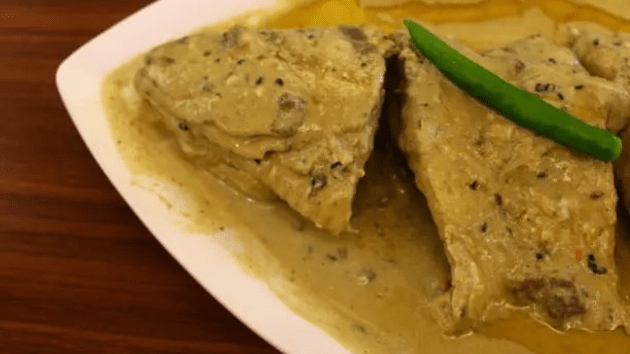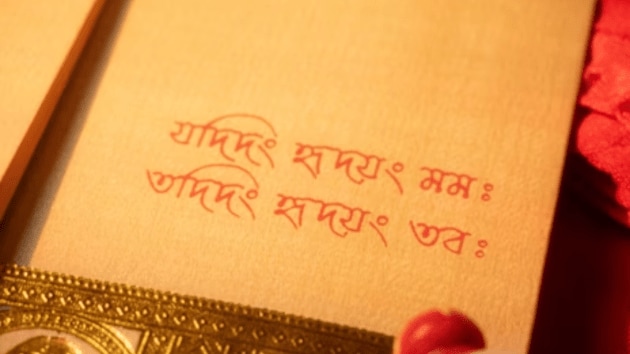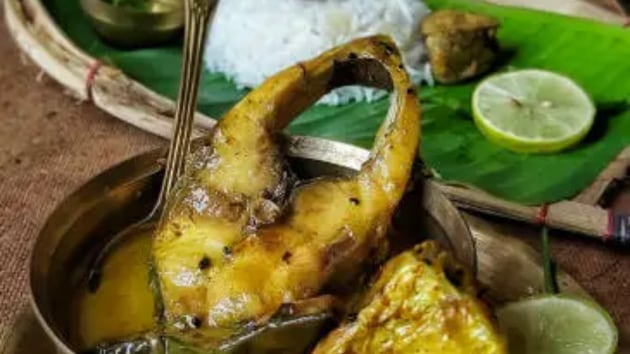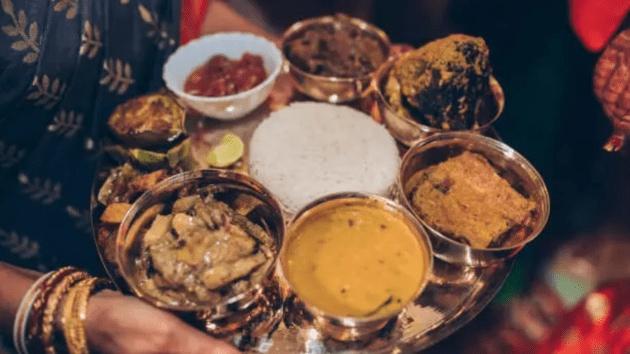Significance of Hilsa fish in Bengali culture
Here's what you need to know about why Hilsa is so significant in Bengali culture.
October 7, 2025 11:16 IST 1 / 7
1 / 7Known as the ‘Queen of Fish’, Hilsa (Ilish) holds a special place in Bengali hearts and cuisine. More than just a delicacy, it’s a symbol of identity, celebration, and deep rooted cultural pride. (Source: Photo by Unsplash )
 2 / 7
2 / 7A Culinary Gem of the Monsoon: Hilsa season arrives with the rains, a time Bengalis eagerly await. Its rich, oily flavour pairs perfectly with mustard based gravies, making dishes like Shorshe Ilish a festive staple. (Source: Photo by Unsplash )
 3 / 7
3 / 7Sacred Connection with the River Padma: Many Bengalis trace their roots to East Bengal (now Bangladesh), where the Padma River’s Hilsa is considered the finest. For them, the fish carries emotional and ancestral significance, a taste of home and heritage. (Source: Photo by Unsplash )
 4 / 7
4 / 7A Festival in its Name: Bengal celebrates Ilish Utsab every year, a festival dedicated solely to Hilsa. Restaurants and households prepare diverse Hilsa dishes, turning the humble fish into a culinary star. (Source: Photo by Unsplash )
 5 / 7
5 / 7Part of Literary Expression: Hilsa has inspired countless Bengali poems, songs, and proverbs. Its presence in literature and cinema reflects its deep bond with Bengal’s cultural identity. (Source: Photo by Unsplash )
 6 / 7
6 / 7Symbol of Love and Celebration: Hilsa is often gifted during weddings or festivals as a token of love and prosperity. In traditional rituals, a pair of Hilsa fish (Joda Ilish) symbolizes harmony and good fortune for married couples. (Source: Photo by Unsplash )
 7 / 7
7 / 7Symbol of Bengali Pride: For Bengalis, Hilsa is more than sustenance; it’s nostalgia, tradition, and pride on a plate. Its aroma and taste evoke memories of family feasts, monsoon rains, and cultural unity. (Source: Photo by Unsplash )











